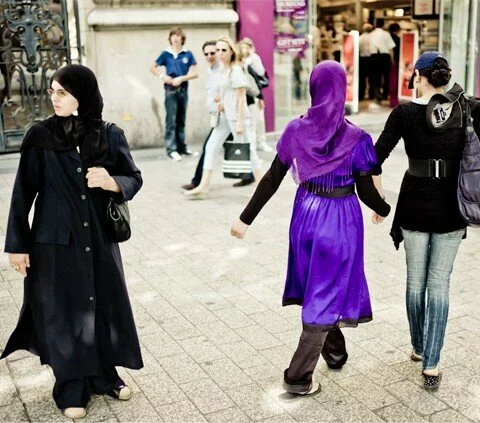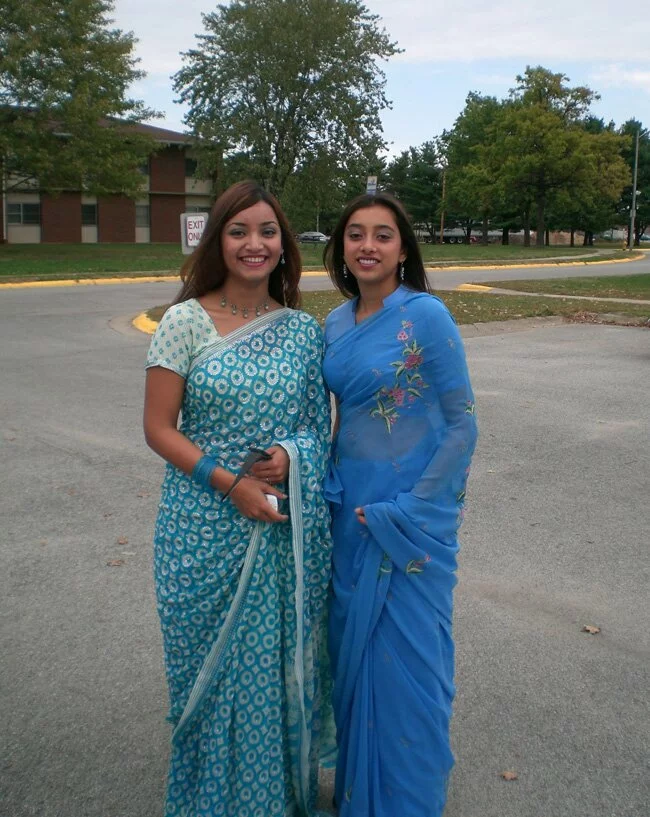Islamic Health & beauty – Islamic Health

According to Islamic teachings health fully encompasses complete physical, mental, social well-being
or a person and society, which must be safeguarded. Not through the maintenance and protection
of a health preserving regime at the entity level but through the development of protective health
and encouraging family and social system. Islam introduces the concept of preventing health and no
substance and practices that seriously endanger the health can be allowed in Islamic system.

There is need to change the society according to the divine commandments for the betterment of general health
and help in solving health related medical issues which occur due to the social practices. This must be
tackled socially through underlining principles of Quran. Islam promotes comprehensive ways towards
prevention and hygiene.
According to the principles lay down by Quran, total ban on alcoholic products, meat of dead animals,
pork, blood, drugs, tobacco, etc. should be declared prohibited. Having proper bathing after impurities,
doing Wudhu 5 times on visible parts of body for prayers, cleaning under area after urinating or after
defecation, washing and cleaning hands after getting in touch with some unclean things and moreover,
protection of inside mouth cavity by using miswak (brushing of teeth), etc. are the preventive measures
that Islam discussed for the physical health as well as for spiritual well being.

The fundamental duties of Islam such as Iman (Faith), Salaat (Prayers), Saum (Fasting), Zakat (Charity),
and Hajj (Pilgrimage) are the basic pillars of Islam for safeguarding the society to combat with practices
that are harmful for healthy mind and body. A person with strong Iman or faith in Allah abstains from
the wrong doings and what that are prohibited in Quran. Salaat is a wonderful means to abstain from
bad habits and for the strengthening of faith.
Saum or fasting purifies and detoxifies the body systems and aids in the improvement of mental health and well being of a person. It also brings people closer
and they can rejuvenate and cherish the celebrations of Eid festival. Zakat or charity is a must in Islam
and it helps in the circulation of money in the society. It is an excellent means to alleviate poverty in
the country. Hajj or pilgrimage is mandatory on those to perform who can afford and it teaches the
person to be more responsive towards his or her duties. It helps in cleaning the person inside out and is
a combination of all the obligatory duties in Islam.

With the help of above passage you can clearly understand that Islam focuses not only the exterior but
inner beautification of a person to become more productive and responsible. Islam is the code of life
and whomsoever, understand this code leads towards peace and harmony in life.






